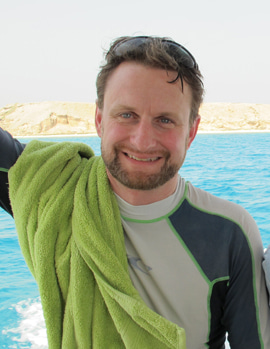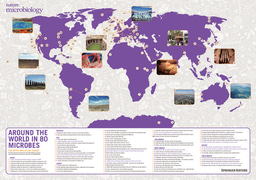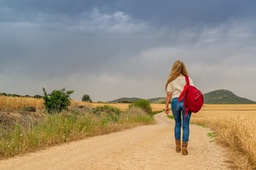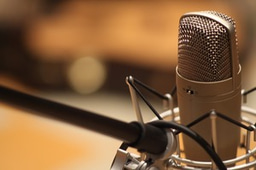World Oceans Day 2016: Dr Todd LaJeunesse
Published in Microbiology

Name: Dr Todd LaJeunesse
Position: Assistant Professor
Institution: Pennsylvania State University
Location: University Park, PA, USA
Website: http://www.personal.psu.edu/tcl3/

Tell me a little bit about your research
The research in my laboratory is at the forefront of deciphering the ecology and evolution of coral-algal mutualisms. Obligate symbioses between invertebrates and photosynthetic microalgae, including reef-building corals, are abundant worldwide and are the basis for coral reef ecosystems, arguably the most biodiverse and productive of marine habitats on the planet. Through our use of various observational and experimental approaches in both laboratory and field settings, my students, colleagues, and I examine how both abiotic and biotic factors (e.g. light, temperature, competition, dispersal, reproduction, and symbiont-symbiont competition) influence the distribution and physiological function of various host-symbiont combinations. Through our use of population genetics, we are learning a great deal about dispersal ability and frequency of sexual recombination among different species of stress-tolerant symbionts. Strong phylogeographic patterns further indicate how these symbioses have changed dramatically and persisted through episodes of major climate warming and cooling over geological history. This collective research offers special insight into how reef-coral endosymbioses are likely to evolve and respond as climate conditions worsen.

How did you become interested in marine science?
I grew up on the coast of Maine where as a boy my favorite time of day was low tide. Each day an often-inaccessible world of tide pools and seaweed-covered rocks would open to my younger brother and me. Together, we would explore and collect invertebrate animals for several hours each day before the tide came crawling in again. I’m the classic example of when experiences as a child has lasting impact. My first and only summer job in High School and College had me working across the 66 mile coastline of my home town, Brunswick Maine. My duties involved range of tasks and responsibilities including clam population surveys, water quality sampling, and many other aspects of marine resource conservation and rehabilitation. The best 5 summers of my life…..the rest of my career grew from these early experiences.
What is the most interesting thing about marine microbiology?
Genetic applications have changed everything. DNA sequence data have allowed so many microbe hunters to generate a formal taxonomy and to accurately explore with great precision the ecology and evolution of microbes, which was neither practical nor possible a few decades ago. As a microbial ecologist I feel that I’m living in the equivalent heyday of Natural History in the 18th and 19th centuries when explorers were making all kinds of novel and exciting discoveries with each new habitat or region they visited. My students, colleagues, and I are doing many of the studies that Darwin and his contemporaries were doing hundreds of years ago. And like them we’re making considerable progress toward generating deep knowledge about unseen yet extremely important organisms.
The advent of next generation sequencing and its ability to analyzed RNA transcripts, has opened many avenues into the study of biological function and functional diversity among microbial communities. Research into this complex and challenging topic will take decades. No doubt many extraordinary findings await the intrepid researcher.
What do you think is the biggest challenge currently facing the oceans and marine science?
I think that’s obvious to most biologists/ecologists. The degradation of marine ecosystems caused by global climate change and massive resource consumption. Science has known that for a long time. I often feel like I’m watching a very slow motion train wreck. At least I get the sense that more and more people are tuning in and are seeing what’s happening. I suppose that’s a good thing.
The theme for the 2015/16 World Oceans Day is ‘Health Oceans, Healthy Planet’ – what does this mean to you?
We need to celebrate and learn about our planet as much as possible. It’s the only home our species will ever have. The more we know about it the more we’ll understand, value and take care of it. It’s a basic rule of human psychology. More specifically, I maintain that our World needs more basic biologists in it (and I don’t mean just professional biologists, but amateur naturalists etc…. as well.). Biological literacy among people of the planet is horrendously poor and everything must be done to change that. Knowing the rules of Life and how it works at all scales is kind of important. Earth’s oceans make up most of the planet’s surface. All life ultimately depends directly, or indirectly, on what these bodies of water provide to the biosphere.





Please sign in or register for FREE
If you are a registered user on Research Communities by Springer Nature, please sign in